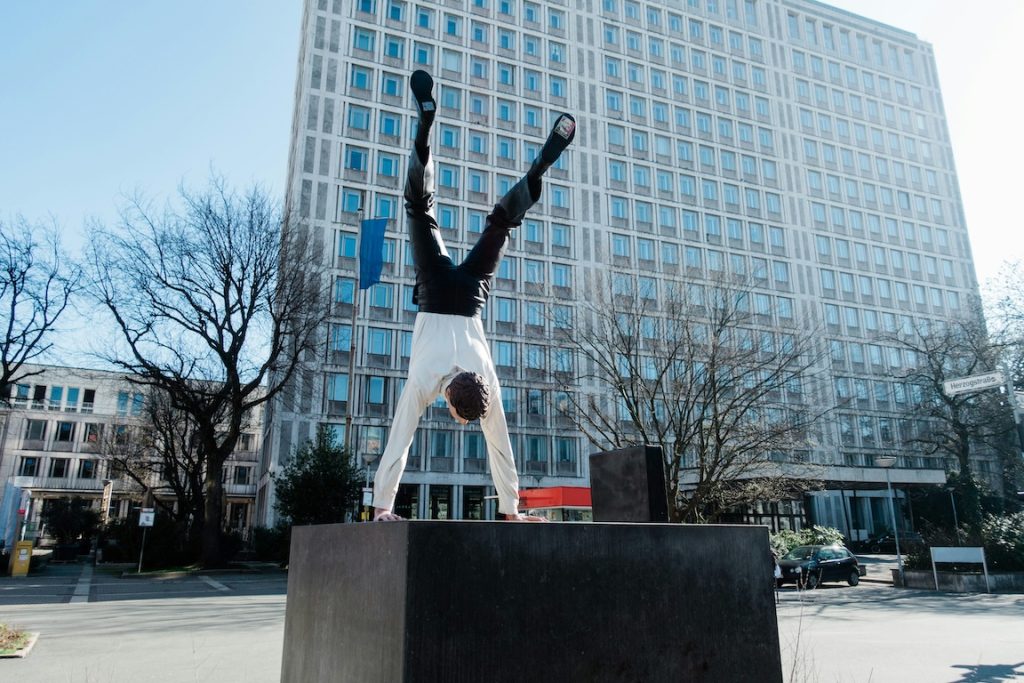How hard is it to land a good job these days? For Rebecca Collis, a British recruitment professional who’s on the hunt herself for a new position, the answer to that question involved a prospective job with a particular catch. Or make that nine catches.
In order for the company to consider her, Collis needed to go through a nine-stage hiring process that included rounds of interviews and the completion of both a take-home test and case study before a final call with the CEO.
Collis passed on the opportunity because of the hoop-jumping regimen involved, but she recently shared her thoughts about the situation on LinkedIn. “[W]ould you apply to a 9 stage process, is it ever applicable?” she asked.
Clearly, that hit a nerve because more than 500 people from throughout the world, including in the U.S., responded to Collis on the social-media platform. Many said they’ve seen similar job listings or have gone through such a lengthy application process — in some cases with an equal number of steps or even more (think 11 stages).
And many said they gave up on applying as a result.
“I once got invited to a four-stage interview and declined,” said one respondent. “Why? Because overly long interview processes often reflect poor decision-making, not high standards.”
Another respondent made a humorous analogy to a recent — and very public — hiring process: “They picked a new pope in 3 days lol.” Actually, it was only two, but who’s counting?
Either way, it’s perhaps no joke: To hear both recruitment professionals and job seekers alike tell it, the hiring process has become incredibly involved and time-consuming of late — to the point some argue it’s often working against the goal of truly finding the best candidate.
That’s despite a low unemployment rate — at least in the U.S., where it currently stands at 4.2%. In theory, that means job seekers would have more of an upper hand and companies would be streamlining the application process as a result, experts say.
So, what’s behind all the hiring cumbersomeness?
Lots of factors, say recruitment professionals. But one of the biggest these days is the rise of artificial intelligence.
Companies are less likely to trust an applicant to be who they say they are, given the distinct possibility that ChatGPT or Google’s Gemini has helped those job seekers craft a résumé or has even coached them through an initial video interview or call. As a result, hiring professionals want to be extra cautious and careful.
Read full article here
It’s not unusual for a business to put job seekers through a multi-step hiring process.

